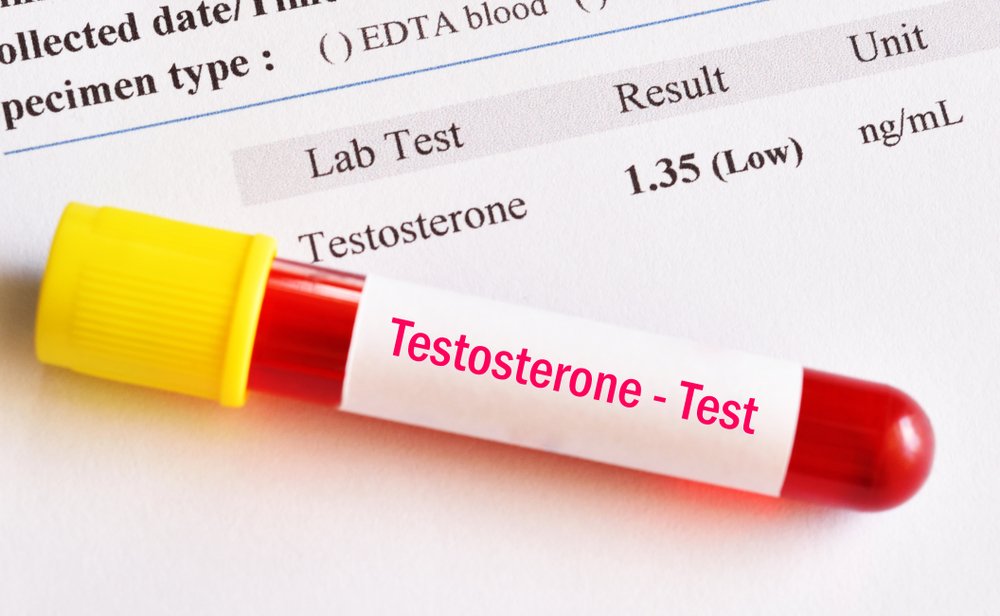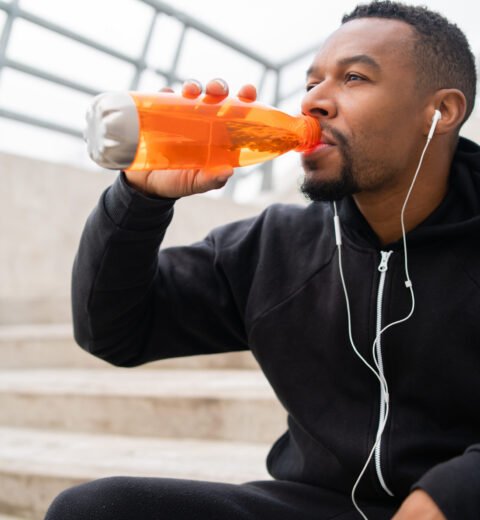🧔🏾♂️🇳🇬 Are you feeling unusually tired, less interested in intimacy, or noticing mood changes? These might be signs of low testosterone – and you’re not alone. Many Nigerian men in the UK experience these symptoms but often suffer in silence. It’s time to talk about low T and how to take charge of your health.
🧪 What Is Testosterone?
Testosterone is a vital hormone that plays a major role in the health and wellbeing of men. It’s responsible for key male characteristics – from deepening of the voice and facial hair during puberty to sperm production, sex drive (libido), mood stability, energy levels, and muscle strength.
From your early 30s, it’s natural for testosterone levels to gradually decline. However, certain medical conditions, stress, lifestyle habits, or even long-term medication use can cause levels to drop more sharply – sometimes leading to what is known as testosterone deficiency syndrome (TDS).
⚠️ Common Symptoms of Low Testosterone
Low testosterone can show up in different ways. Some men barely notice it, while others feel completely unlike themselves. Here are common signs to look out for:
- Fatigue or low energy levels despite good sleep
- Reduced sex drive or erectile difficulties
- Low mood, irritability or mood swings
- Difficulty concentrating or “brain fog”
- Loss of muscle mass or strength
- Increased body fat
- Decreased motivation or confidence
- Poor sleep quality
These symptoms may overlap with other health issues like depression, diabetes, or even thyroid problems — so it’s important not to self-diagnose. If you recognise some of these in yourself, it might be time to get checked.
🧬 What Causes Low Testosterone?
According to the NHS, testosterone deficiency can be caused by:
- Ageing (natural decline from age 30+)
- Obesity or type 2 diabetes
- Chronic illnesses (e.g. kidney disease, HIV)
- Injury to the testicles
- Pituitary gland disorders
- Certain medications (e.g. steroids, chemotherapy)
- Heavy alcohol intake
- Lack of sleep
For many Nigerian men juggling family, work, and the challenges of life abroad, it’s easy to overlook how lifestyle stressors can affect hormone levels.
🧠 Mental and Emotional Signs
Testosterone doesn’t just affect your body – it impacts your mind too:
- Anxiety or restlessness
- Depressive feelings
- Difficulty making decisions
- Loss of interest in things you used to enjoy
This is especially important for men from African backgrounds, where mental health discussions can still be taboo. Low testosterone might be a medical reason for what you’re going through emotionally.
🩺 Getting Diagnosed
If you suspect low testosterone, speak to your GP. They may offer a blood test to check your testosterone levels. NHS guidelines suggest testing in the morning (usually between 7am–10am) when testosterone is naturally highest.
Low testosterone is generally diagnosed if your total testosterone is below 12 nmol/L, especially if you have symptoms. A repeat test may be needed to confirm the results.
Your GP may also check other hormones to rule out other causes, such as thyroid or pituitary problems.
💊 How Is Low Testosterone Treated?
If you’re diagnosed with testosterone deficiency, your doctor might suggest testosterone replacement therapy (TRT). This can come in several forms:
- Gels or creams you rub into your skin
- Injections every few weeks or months
- Testosterone patches
TRT is only recommended if you have both symptoms and confirmed low testosterone. It’s also not suitable for men with prostate or breast cancer.
Important: Don’t buy testosterone supplements online or use gym-grade steroids. These can be dangerous and unregulated, and might make things worse.
✅ Natural Ways to Support Healthy Testosterone
You can also boost your levels naturally through lifestyle changes. Here’s what NHS guidelines and medical experts recommend:
- Eat a balanced diet rich in zinc, vitamin D, and healthy fats
- Stay active with regular exercise – especially strength training
- Get quality sleep (7–8 hours each night)
- Maintain a healthy weight
- Reduce alcohol intake
- Manage stress through relaxation techniques, prayer, or talking to someone
🧑🏾⚕️ When to Seek Help
Low testosterone can be a difficult topic – but there’s no shame in seeking help. You’re not less of a man for wanting to feel better. If you’re experiencing symptoms that affect your day-to-day life, book an appointment with your GP or request a blood test.
There are free and confidential NHS services available, and your health deserves attention – especially if you’re supporting your family both here and back home.
📣 Final Word for Naija Men
Being a man doesn’t mean suffering in silence. Whether you’re in London, Birmingham, Manchester or Derby – your health matters. Look after yourself so you can continue to provide, protect, and prosper. 💪🏾
If you think you may have low testosterone, speak to your GP today or visit the NHS website for more information.
Join Our WhatsApp Channel
Stay updated on the latest UK news, including education, health, job openings, and more for those living in the UK!
Join here: Naija UK Channel
Also, follow us on our social media channels for the latest updates and discussions:
- Twitter: @NaijaUKConnect
- Facebook: Naija UK Connect
- Instagram: @naijaukconnect




